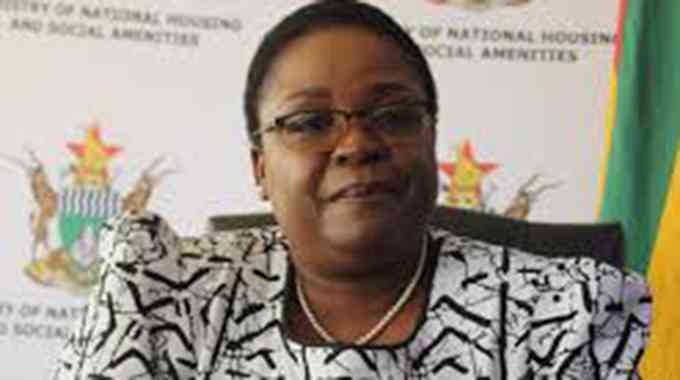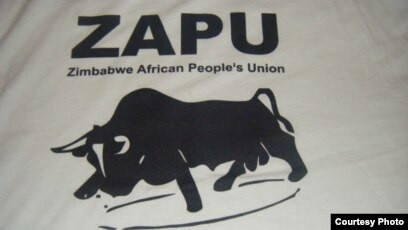
GOVERNMENT has committed to regularise informal settlements across the country, while providing residents with titles and access to essential services.
The move aims to address the long-standing issue of informal settlements, where residents have often paid for services that are never provided.
Speaking during the Urban Development Corporation (Udcorp) annual general meeting in Harare recently, Local Government and Public Works chief director spatial planning and development Shingirayi Mushamba said government was working on a policy framework to regularise illegal settlements to eliminate land barons.
“Regularisation including the issuance of proper title. The processes of regularisation require that there be an approved layout plan, approved by a respective local authority working in partnership with government entities.
“Once a layout plan is in place, it provides for roads, for future servicing of the land. So what we will be doing essentially in those settlements, we will be looking at the structures that are on the ground, insofar as they fit in a pre-approved layout plan.
“Some structures may be held on land which was reserved for certain particular uses. Efforts will be made to relocate those few structures that will be in such spaces. The majority will be regularised in situ,” Mushamba said.
He said the regularisation process was expected to improve living conditions for thousands of residents, providing them with security of tenure and access to essential services.
“Regularisation is then going to culminate in a partnership working with an entity called FANGU, which will then bring in services. And that is part of the process that will lead to the issuance of a title so conditions of urban settlement still maintain.”
- ED forced to cancel official events
- Govt commits to regularise informal settlements
- Tsholotsho rekindles youth interest in heritage
- Tsholotsho South MP on empowerment drive
Keep Reading
National Housing and Social Amenities deputy minister Musa Ncube expressed optimism in Udcorp’s ability to spearhead housing initiatives.
“We expect Udcorp to be one of the leading players in the delivery of housing and related infrastructure. We also expect the corporation to be government’s conduit for private sector investment into housing and related infrastructure.
Ncube said government had a long stalled housing project, which was set to deliver approximately 3 000 stands. This project which has been dormant since December 2019, aimed at addressing the housing deficit in Zimbabwe.
“We are aware of the resource constraints that Udcorp is facing and we are working in the background to recapitalise it. As the shareholders we pledge to support Udcorp in recapitalisation. We have given it the challenge to facilitate housing development through accelerating construction projects.”










